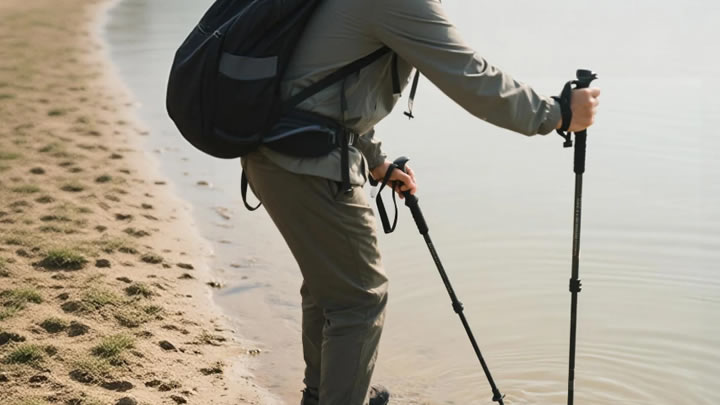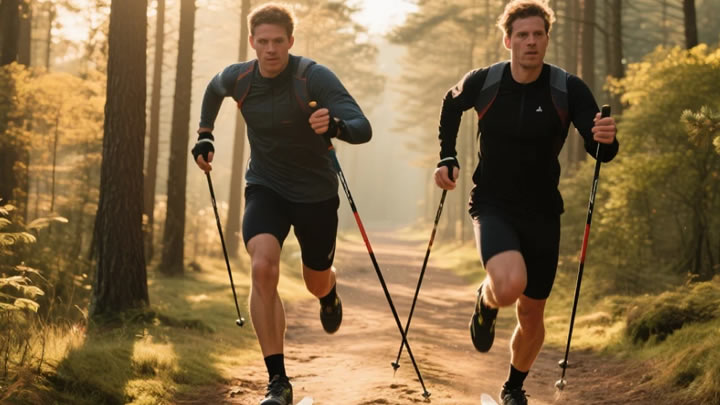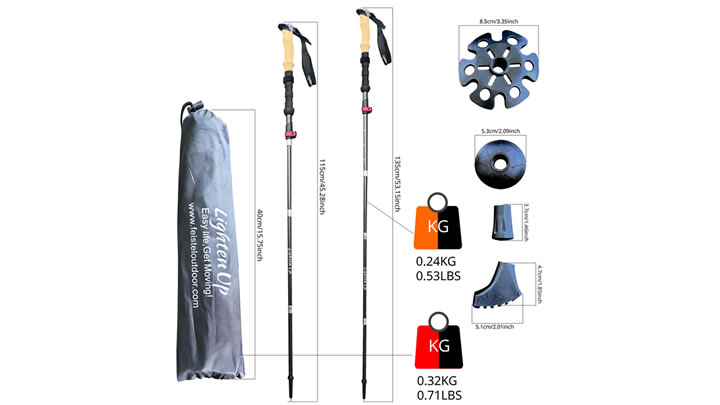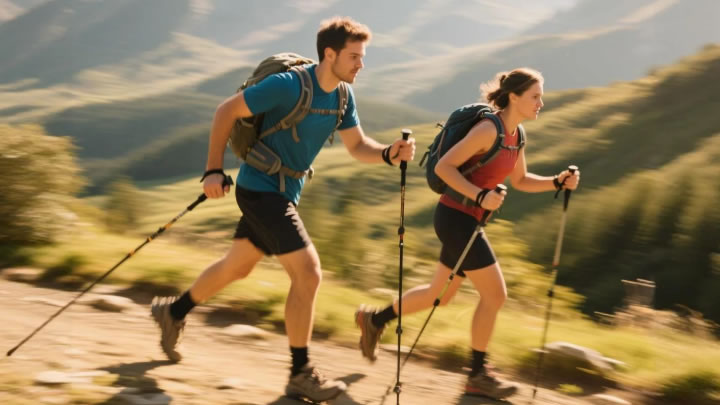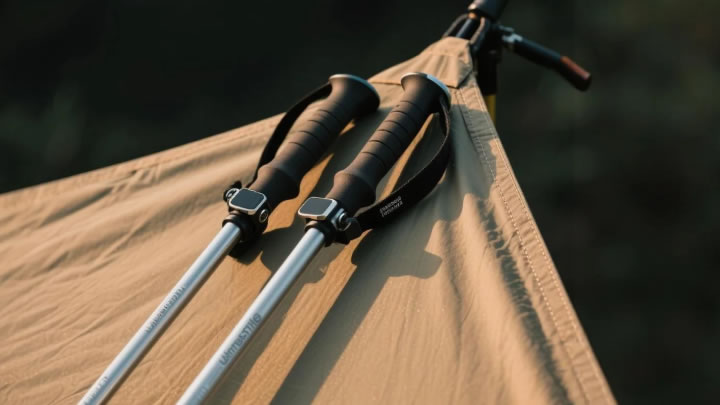What are the 10 essentials for hiking?
Hiking is a fantastic way to connect with nature, stay active, and recharge mentally. However, even on well-marked trails, unexpected situations can arise—sudden weather changes, injuries, or getting lost. To ensure a safe and enjoyable experience, every hiker should carry the "10 Essentials," a time-tested checklist developed by outdoor experts.
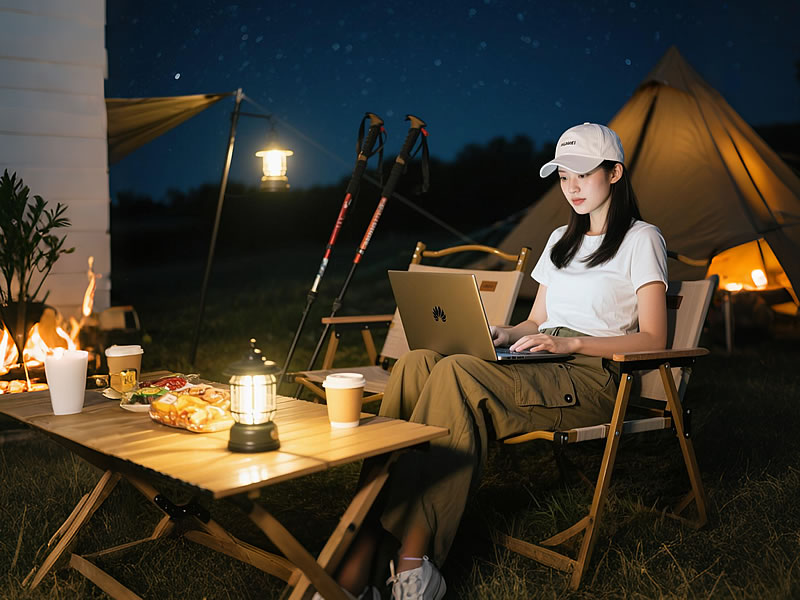
Whether you're a beginner or an experienced trekker, these essentials can make the difference between a minor inconvenience and a life-threatening emergency. Let’s explore each item in detail.
1. Navigation Tools (Map & Compass/GPS)
Never rely solely on your phone—batteries die, and signals fail. A detailed topographic map and a reliable compass (and knowing how to use them) are crucial. For longer hikes, a GPS device with offline maps adds extra security.
2. Hydration (Water & Purification)
Dehydration is a serious risk. Carry at least 2 liters of water per person for a day hike. For multi-day trips, bring a water filter, purification tablets, or a UV purifier to safely drink from natural sources.
3. Nutrition (High-Energy Snacks)
Pack lightweight, calorie-dense foods like nuts, energy bars, dried fruit, and jerky. Always bring extra food in case your hike takes longer than expected.
4. First-Aid Kit
A basic wilderness first-aid kit should include:
- Bandages & blister treatment
- Antiseptic wipes
- Pain relievers
- Tweezers (for splinters/ticks)
- Any personal medications
5. Weather-Appropriate Clothing
Weather can change rapidly. Dress in moisture-wicking, layered clothing and always pack:
- A rain jacket (even if the forecast is clear)
- A warm insulating layer (fleece or down)
- A hat & gloves for cold conditions
6. Illumination (Headlamp/Flashlight)
Getting caught in the dark without light is dangerous. A headlamp (hands-free) with extra batteries is ideal. Avoid relying on your phone’s flashlight.
7. Multi-Tool or Knife
A compact multi-tool or pocket knife helps with gear repairs, food prep, and emergency situations.
8. Firestarter (Lighter/Matches/Fire Steel)
In emergencies, fire provides warmth, light, and a way to signal for help. Pack waterproof matches, a lighter, or a ferro rod—and know how to use them.
9. Emergency Shelter
If stranded, a lightweight emergency bivvy, space blanket, or ultralight tent can protect you from wind, rain, and hypothermia.
10. Sun Protection
Even on cloudy days, UV exposure can lead to sunburn or heat exhaustion. Bring:
- Sunscreen (SPF 30+)
- Sunglasses (UV-protective)
- A wide-brimmed hat
Bonus: Additional Safety Tips
- Tell someone your hiking plans (trail, expected return time).
- Check weather conditions before heading out.
- Know basic wilderness survival skills (like signaling for help).
Final Thoughts
The 10 Essentials for Hiking are not just a checklist—they’re a mindset of preparedness. By carrying these items, you minimize risks and maximize enjoyment on the trail. Whether you're hiking for an hour or a week, safety should always come first.
Happy hiking, and stay safe out there!

